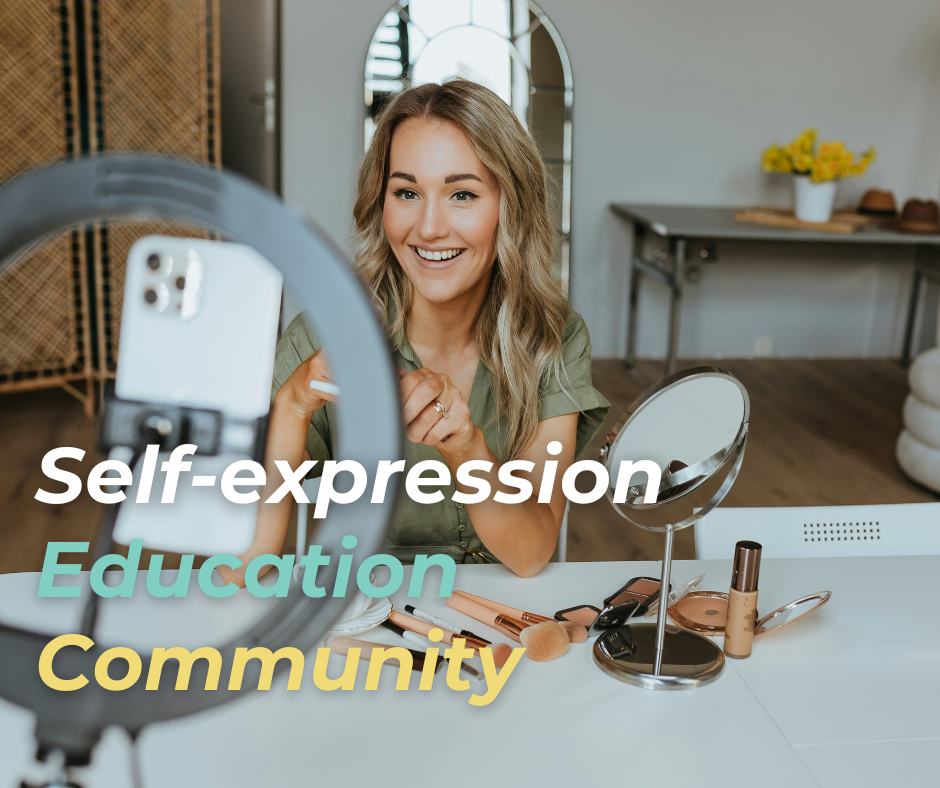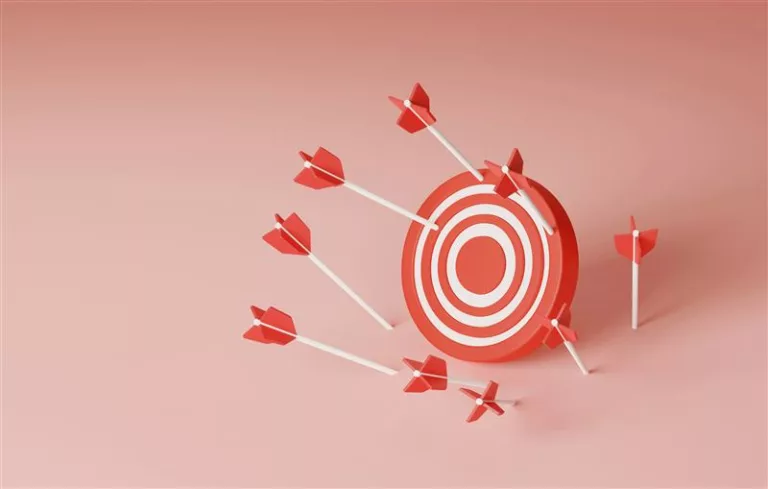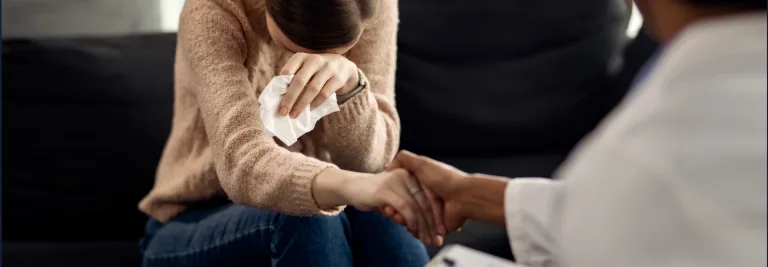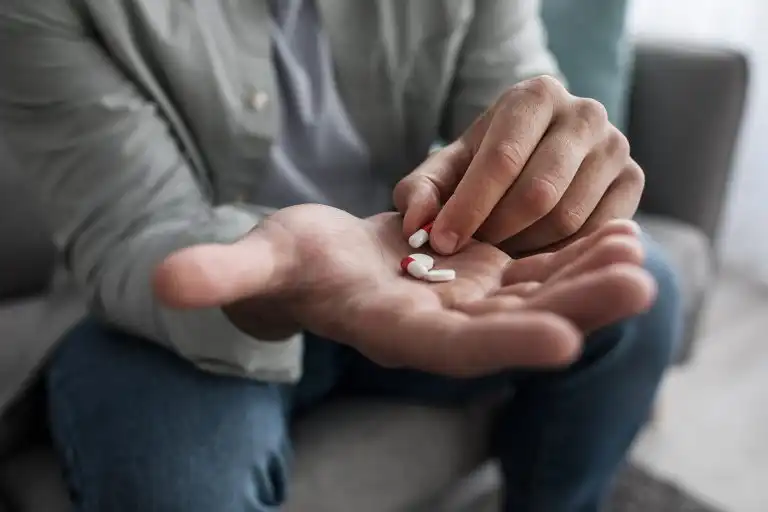In recent years, social media has become an omnipresent part of daily life, especially for teenagers. While concerns about its negative impact on mental health often dominate discussions and media coverage, there is also growing evidence which suggests that social media, when used correctly, can serve as a valuable tool for enhancing teen mental health. By providing opportunities for connection, self-expression, support, and education, social media platforms can be instrumental in improving mental well-being for young people, if used mindfully and responsibly.
The Role of Connection and Community
One of the primary ways in which social media can support teen mental health is through connection. Adolescence is a time of intense personal growth, self-discovery, and socialization. Social media offers teens a way to stay connected with friends, family, and peers, no matter their geographical location. For teens who experience isolation, whether due to living in remote areas, dealing with social anxiety, or facing bullying or discrimination in their offline lives, social media can serve as a lifeline, fostering a sense of belonging and community.
Many teenagers find solace in online communities where they can connect with others who share similar interests, identities, and especially their struggles. For example, platforms like Instagram, Reddit, and TikTok host groups and pages dedicated to mental health, self-care, LGBTQ+ issues, body positivity, and other topics that resonate with many young people. These spaces allow teens to find people who understand their experiences, offering a sense of relief and validation that may be harder to find in their immediate physical surroundings. For teens dealing with mental health challenges, these virtual communities can reduce feelings of loneliness and offer emotional support, often making them feel less alone in their struggles.
In addition to fostering peer connection, social media can provide opportunities for young people to connect with professionals. Many therapists, counselors, and mental health advocates use platforms like Twitter, Instagram, and YouTube to share resources, tips, and coping strategies for mental well-being. This can be especially valuable for teens who may not have access to therapy or feel uncomfortable seeking help face to face. By following mental health experts online, teens can gain insights into managing stress, depression, and anxiety, as well as learn about coping mechanisms and self-care routines.
For more comprehensive mental health support, visit the PsychPlus Homepage, where resources and professional help are available to guide teens and their families toward better mental well-being.
Platforms for Self-Expression
Self-expression is another critical aspect of mental health for teenagers. Adolescents often face pressure to conform to societal expectations, whether in terms of appearance, behavior, or interests. Social media can provide an outlet for self-expression that allows teens to share their thoughts, feelings, and experiences in creative ways. For example, platforms like YouTube and TikTok allow teens to produce videos that reflect their personalities and viewpoints, whether through music, dance, storytelling, or other forms of artistic expression. This creativity can be cathartic and helps teens process emotions that might be difficult to articulate in face-to-face interactions.
Furthermore, social media allows teens to explore their identities in a safe, controlled environment. During adolescence, young people often grapple with questions about who they are and where they fit in. Social media platforms provide teens with the freedom to explore different aspects of their identities, such as gender, sexual orientation, and cultural background, in a non-judgmental space. By sharing their experiences or engaging with others who have similar experiences, teens can develop a deeper understanding of themselves and their place in the world. This process of self-discovery and validation can be crucial in building self-esteem and fostering a positive self-image.
Social media can also give teens the opportunity to advocate for causes that matter to them, such as mental health awareness, social justice, or environmental activism. Engaging in these causes can provide a sense of purpose and accomplishment, which can improve self-worth and mental resilience. For teens who may feel disempowered in other areas of their lives, having an online platform to express their values and opinions can create a sense of agency and empowerment.
For more ideas on nurturing mental health through self-care and self-expression, explore our Blog Page for helpful tips and insights.

Access to Mental Health Resources and Education
Another way that social media supports teen mental health is by offering easy access to mental health resources and educational content. There has been a significant increase in mental health advocacy on social media in recent years, with many influencers, mental health professionals, and organizations using platforms like Instagram, Twitter, and TikTok to spread awareness about mental health issues. These platforms provide a wealth of information on topics such as stress management, self-care techniques, the importance of sleep, and the effects of nutrition on mental health.
Teens can find a vast range of content, from personal stories of overcoming mental health challenges to expert advice on coping with anxiety and depression. Leading Mental health organizations, such as the National Alliance on Mental Illness (NAMI), Mental Health America, and the American Psychological Association (APA), often have a social media presence that can offer tips and resources for young people. These organizations provide accurate, science-backed information that can help teens better understand mental health issues and take steps toward improving their well-being.
Moreover, social media platforms are increasingly incorporating mental health support into their design. Instagram, for example, has partnered with mental health organizations to provide in-app resources, including suicide prevention tools and the option to reach out for help directly from the app. TikTok has launched a feature that links users to resources if they search for topics related to mental health, such as “self-harm” or “depression.” These features help normalize conversations about mental health and ensure that teens have access to support when they need it most.
Peer Support and Destigmatization of Mental Health
Social media also plays a crucial role in reducing the stigma surrounding mental health. For many years, discussing mental health issues was considered taboo, and those experiencing conditions like anxiety, depression, or self-harm often faced shame or discrimination. However, with the rise of mental health awareness on social media, teens are increasingly able to share their mental health journeys openly, without fear of judgment.
The normalization of mental health discussions on social media platforms has contributed to a cultural shift toward greater acceptance and understanding. By seeing peers and public figures openly discuss their struggles with mental health, teens are more likely to seek help when needed and be less ashamed of their own challenges. Hashtags like #ItsOkayToNotBeOkay and #MentalHealthMatters are examples of movements that have gained traction on platforms like Twitter and Instagram, empowering teens to embrace vulnerability and prioritize their well-being.
Peer support is a significant factor in this process. When teens share their experiences with mental health online, they often receive supportive comments from others who have faced similar challenges. This peer-driven support system can be incredibly powerful, as teens may feel more comfortable talking about their mental health with others who understand their experiences. This peer-to-peer support can also foster empathy and solidarity, helping teens recognize that mental health struggles are common and part of the human experience.
For a deeper understanding of depression and how to seek help, check out our related blog on Depression 101: Understanding Symptoms, Seeking Help, and Finding Support.
The Need for Mindful Usage
While social media has the potential to benefit teen mental health, it is important to recognize that its effects depend on how it is used. Excessive use, negative comparisons, cyberbullying, and exposure to harmful content can have detrimental effects on mental health. For social media to be a positive force, teens must be educated about how to use it mindfully and responsibly. Parents, educators, and mental health professionals play a crucial role in guiding teens toward healthy social media habits, such as setting boundaries, curating content that promotes positivity, and being mindful of online interactions.

Conclusion
In conclusion, social media has the potential to play a significant role in supporting teen mental health. It offers opportunities for connection, self-expression, and community building, while also providing access to valuable resources and educational content. Social media can help teens feel less isolated, foster a positive sense of self, and reduce the stigma surrounding mental health. However, like any tool, its impact depends on how it is used. With the right guidance and mindful usage, social media can become a powerful ally in promoting the mental well-being of teens. By leveraging its benefits, teens can navigate the challenges of adolescence with greater resilience and support.
At PsychPlus, we make accessing care simple and supportive. Whether through tele-visits, in-office appointments, or navigating insurance, our team is here to help every step of the way. Take the first step toward mental wellness today, Book an Appointment with us and start the journey to better health.





